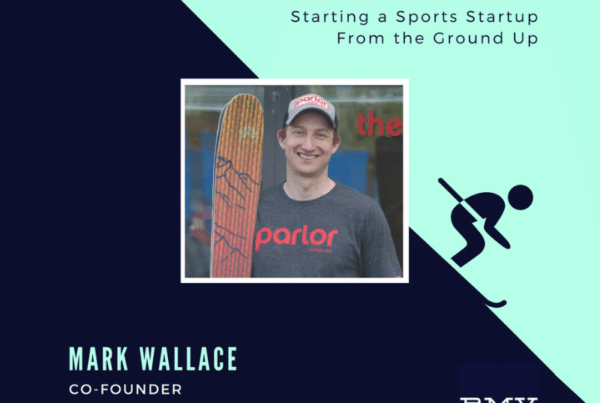
Rand Fishkin, the founder of Moz, an SEO software provider for businesses of all sizes, recently sat down to answer questions on how he has led and scaled Moz, along with his tips on improving SEO at small-to-midsize businesses.
Q) Can you share a few leadership or strategic decisions you made for Moz you’d most like to do over?
A) I wish in our early days, I’d focused more on retention vs. growth. It’s much harder to work on retention and churn later in a company’s life rather than earlier. I wish I hadn’t put so much concern on employees leaving. It’s sad when a friend leaves the company, but overall, it almost always leads to things getting better. I think that’s probably because folks who don’t desperately want to be at a company aren’t generally contributing their best work and best selves anyway. I wish we’d raised more money in each of our two funding rounds. Stressing about cash in the years that followed both have made for a lot of wasted energy that could have put to better use. I wish we’d codified some processes earlier in our life – instilling process when you’re desperate for it and there are lots of people vs. when it’s early and there’s more flexibility has caused extra culture and team pain that could have been avoided.
Q) Do you think that the title “SEO” needs to go by the wayside in favor of “Search Engine Marketer,” “Search Experience Marketer,” or something along those lines? If so, how should a company that needs help with SEO (particularly in-house) effectively advertise an open position? Thanks!
A) I think SEO can be a fine title, and I don’t believe it necessarily needs to go anywhere. My caveat to that would be if you feel that your title is A) holding you back and/or B) stopping you from having the influence to do what you need to accomplish your work. Some marketers have found that the title “SEO” limits their scope and role, and while the responsibilities of being an SEO have grown (to encompass things like social media, content marketing, CRO, site speed, design/UX, product, customer service, community, email, PR, and any other channels that have a direct or indirect effect on SEO), it’s not always well known to folks inside your teams that you need to be able to influence these other channels. A title like “marketing manager” or “marketing specialist” or “growth marketer” might work well if you need to have broad oversight/influence to move the needle on SEO and all the channels connected to it.
Q) What was it like being in debt 500k? Was there a specific event that marked the turnaround?
A) It sucked, but it was also a great motivation to find a way to turn things around. I survived mostly by not thinking about the debt and simply pushing to find ways we could grow and make revenue. The turning point was slow and steady – we took on a number of SEO consulting clients starting in 2004 and 2005, and by 2007, that consulting work had paid off the debt. We didn’t pay off all $500K, though. What happened was we carried ~$150K on credit cards and with loans, but stopped being able to make the minimum monthly payments, which sent the debt skyrocketing. When we had some money, we called up the credit card companies and said: “we owe you $75K, but I can give you $7K (the original debt amount), or you can sell it to collections for $3.75K.” They all took the offer, but it left a terrible rating on my credit history.
Q) What was it like giving up the CEO reigns? What are some things in the post-CEO role that have turned out to be easier than you expected? Harder than expected?
A) Giving up the reigns wasn’t too hard for me personally, but I did need to make the conscious decision to step back internally. For example, Sarah’s been hosting bi-weekly town hall meetings where the executive team gives updates and answers questions from the staff. I haven’t gone to any of those to help make it clear that Sarah’s the CEO. Likewise, I’ve significantly reduced my internal email communication on allstaff threads. In general, I’m trying to act like a real individual contributor to the company and not a manager or executive. The hardest part has been struggling with different styles and changes that Sarah’s made. We have a few disagreements – mostly stylistic (the how not the what) – and I’ve needed to work through those. This is likely also compounded by the depression funk I’ve been in for a while. All in all, though, I’d say it’s just about as hard as I predicted – not terrible, not a piece of cake, but overall the right decision.
This Q&A originally appeared on Yabbly and has been Edited for Length and Clarity




And I think Content material advertising vs. SEARCH ENGINE
MARKETING” battle opportunists are so desperate
to pit the two against one another.
Contact and lead management processes can be manual, haphazard, and unenforced which are major bottlenecks that hold up sales.